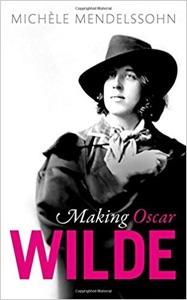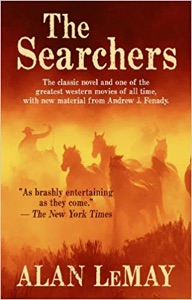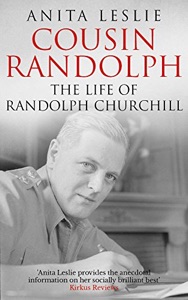by Dan Kauffman
Wisconsin was settled in the mid-19th century by emigrants, chiefly from Sweden and Norway, who were inclined by background and experience to place a very high value on community. In the early 20th century, Wisconsin became a bastion of Progressive politics and the laboratory of social democracy. No state excelled Wisconsin in respect for the environment.
In the 21st century, Scott Walker rolled back all that. Wisconsin, heavily gerrymandered to create a permanent Republican majority, became an anti-union hotbed. The legislature repealed almost all meaningful environmental restrictions on mining and pollution, and gave billions of dollars to Foxconn for the promise of a new factory that might never open.
This sad, but not entirely pessimistic, overview of Wisconsin politics is a superb starting point for anyone interested in taking back our nation from the minions of ignorance and greed.



